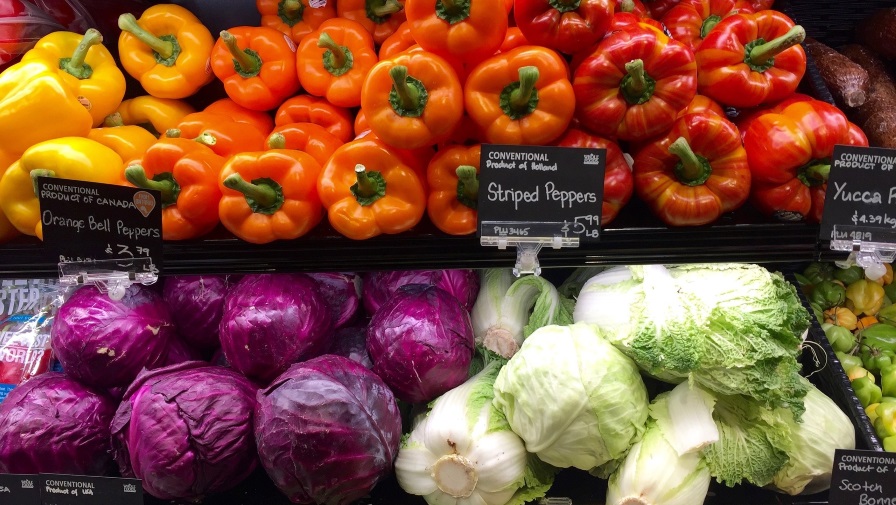Microbiome of Lettuce Might Hold Secret to Better Food Safety
Researchers at the University of Georgia Center for Food Safety are preparing to launch a study on E. coli colonization from a new angle: the microbiome of lettuce.
By studying the interactions between EcO157 and the lettuce microbiome — the entire community of microorganisms like bacteria that live on the surface of lettuce — researchers hope to better understand how the microbiome may affect the pathogen’s fate during produce processing.
Center for Food Safety Professor Xiangyu Deng, lead researcher on the project, says, “We want to really figure out the interactions between the pathogen and potential biocontrol organisms indigenous to lettuce.”
In other words, how does E. coli interact with other microorganisms on lettuce, and how can we use those interactions to control foodborne outbreaks?
The focus of the research, to start this year, will be how the microbiome interacts with EcO157. The team will use a new microscopic approach to create a biogeographic map of the microbiome.
“Clearly the microbiome interacts with EcO157, and that interaction has an implication for food safety,” Deng adds. “We want to understand the mechanism behind this interaction.”
For more, continue reading at newswire.caes.uga.edu.










